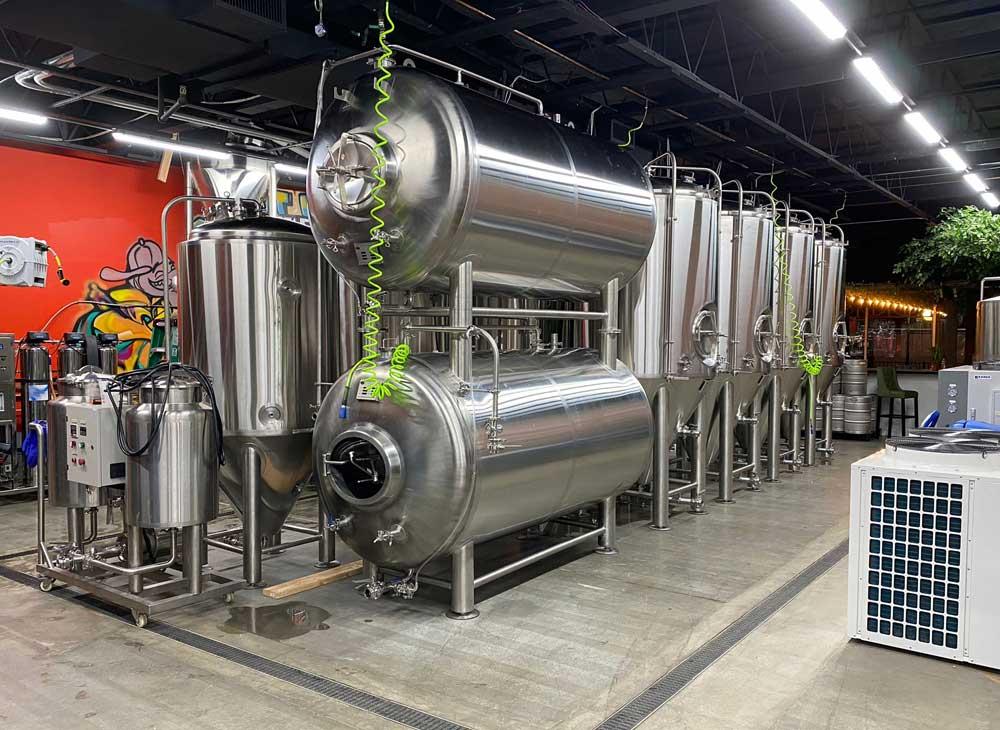
The fermenter is at the heart of the beer production process, determining how the wort evolves into beer. Whether it's a home brew or a large commercial brewery, fermenters are critical in determining the flavor, aroma and quality of the final product.
In the world of home winemaking, fermenters maintain a direct link between the winemaker's creative endeavors and the final brew. Here's how they differ from commercial beer designs.
Homemade fermenters are typically smaller in capacity, ranging from 5 to 10 gallons to manage batch sizes suitable for personal consumption. This limitation allows winemakers to experiment with recipes more often.
Most home brewing fermenters are made from food-grade plastics such as polyethylene or PET. These materials are lightweight, cost-effective and easy to clean. Some aficionados also use glass carboys for their beauty and ability to demonstrate the fermentation process.
Homemade fermenters are designed to be easy to use and clean. They usually have removable lids or tops for adding ingredients and for thorough cleaning. Airlocks are used to release carbon dioxide while keeping pollutants out.
While temperature control is important in both home and commercial brewing, home brewers often use simple methods such as placing the fermenter in a temperature-controlled space or using a water bath and ice packs to regulate the temperature.
In commercial brewing, fermenters are optimized for efficiency, consistency, and large-scale production.
Commercial fermenters are large in size, ranging in capacity from hundreds to thousands of gallons. This allows breweries to produce large quantities of beer per batch to meet market demand.
Stainless steel is the material of choice for most commercial fermenters. Stainless steel is durable, corrosion-resistant, and can be thoroughly sterilized, which is essential to ensure the highest quality and prevent widespread contamination.
Commercial fermenters are often equipped with advanced features such as glycol jackets or double wall construction. These features enable precise temperature control throughout the fermentation process, which is critical for consistent results.
Larger commercial fermenters often include specialized yeast management systems, such as built-in support arms, cone designs for sediment collection, and pressure release valves, allowing for more efficient yeast harvesting and handling.
Many commercial fermenters are integrated into brew control systems to automatically control temperature, pressure, and other variables. This ensures even fermentation of multiple batches and minimizes human error.
Commercial breweries often employ pressure fermentation techniques, which result in unique flavors and faster turnaround times. Fermenters are designed to withstand higher pressures and accommodate pressure relief valves and monitoring equipment.
While both home brewing and commercial brewing share the common goal of converting wort into beer, each region's fermenters are designed and functioning to suit their individual size and goals.
Still have a problem on choosing the brewery equipment? We can help with your final decision. If you are looking for a turnkey solution for craft beer brewing system, please contact us. We are looking forward to working with you. Send an email now: [email protected]
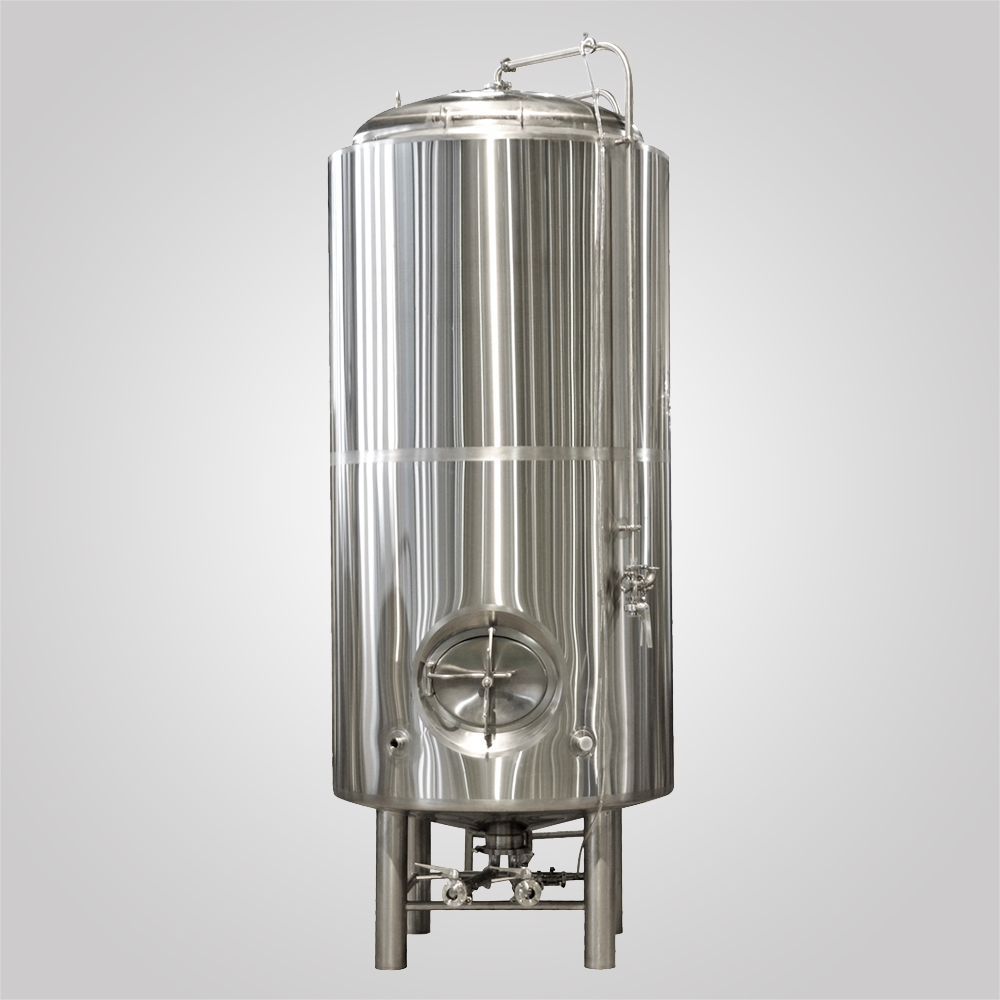
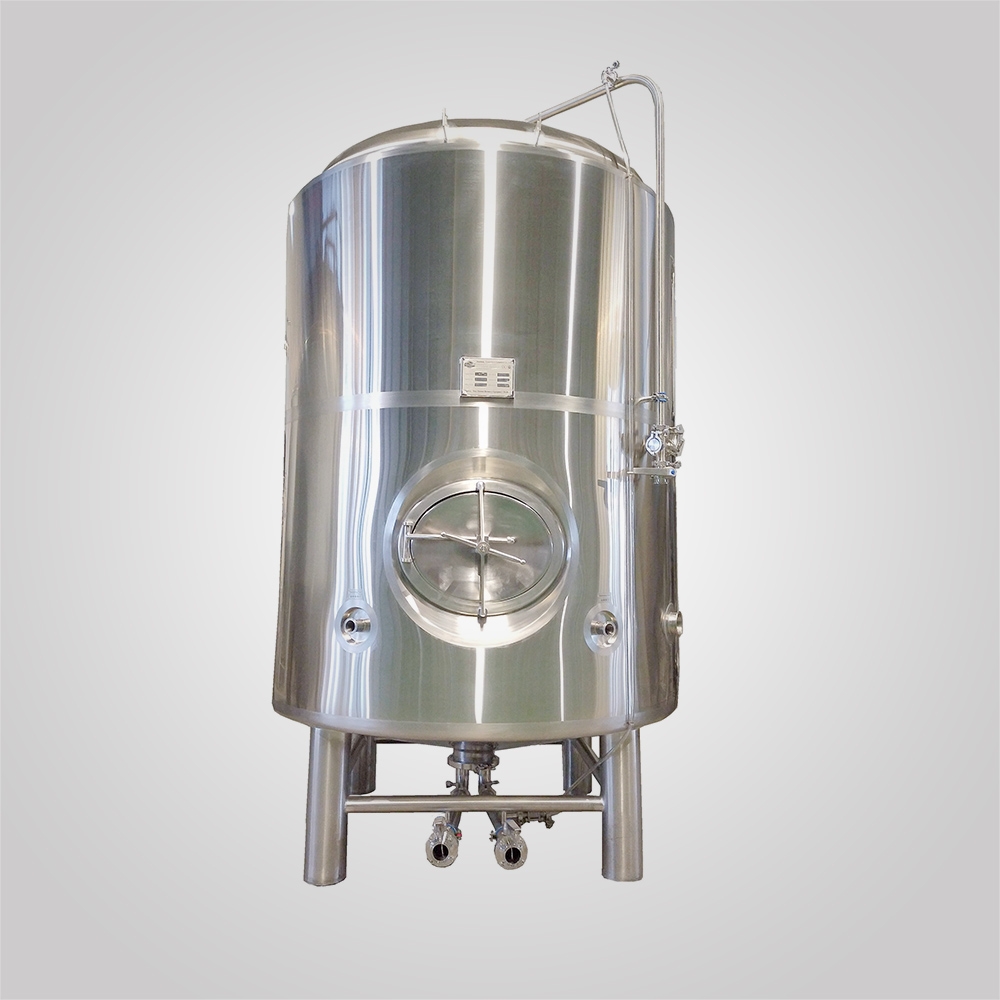
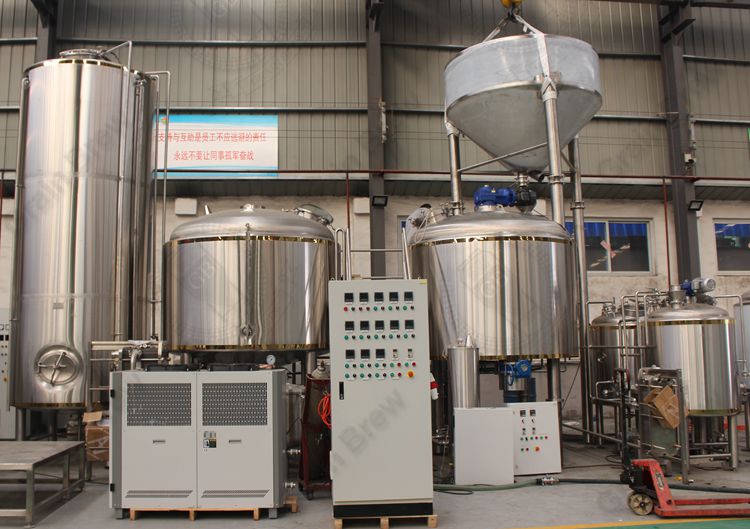
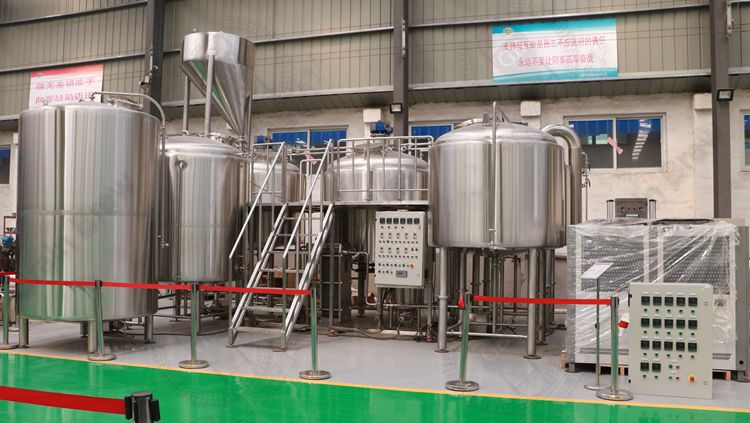
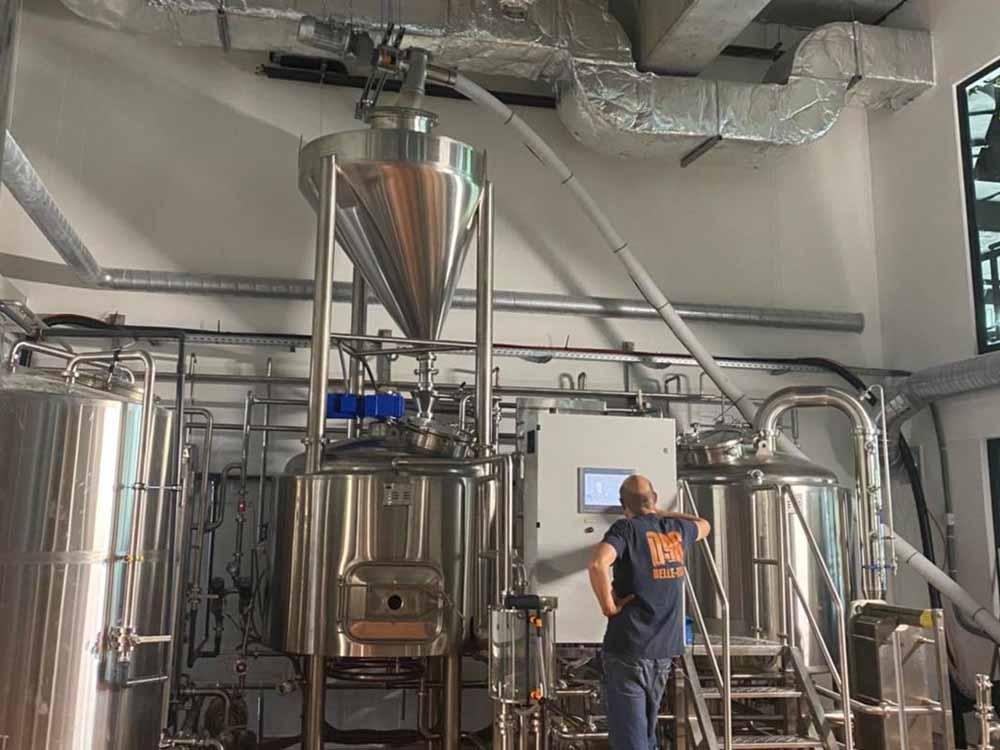
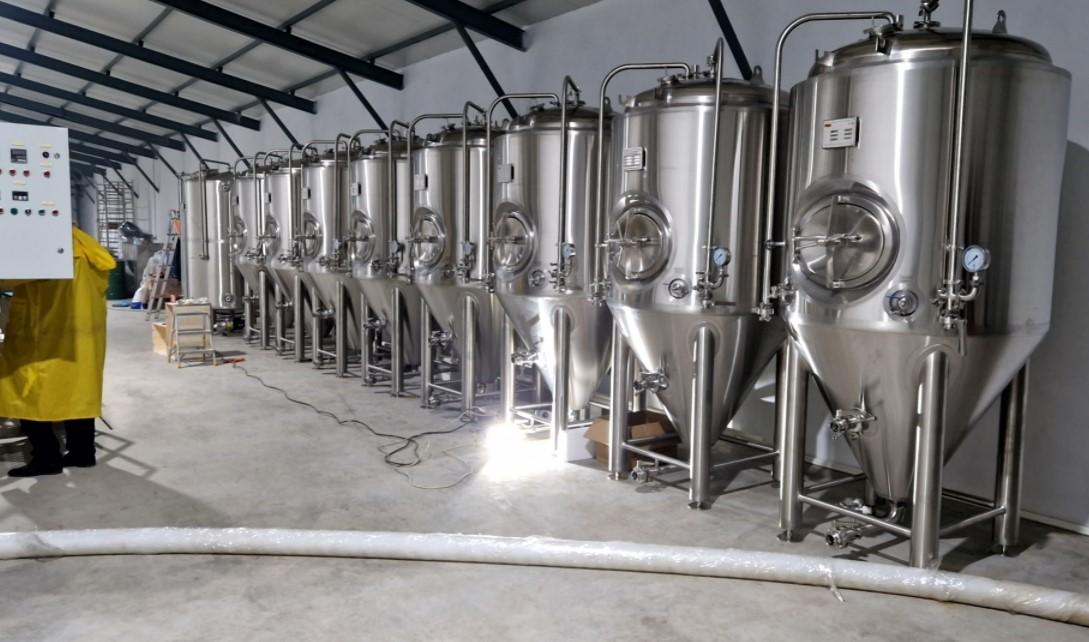
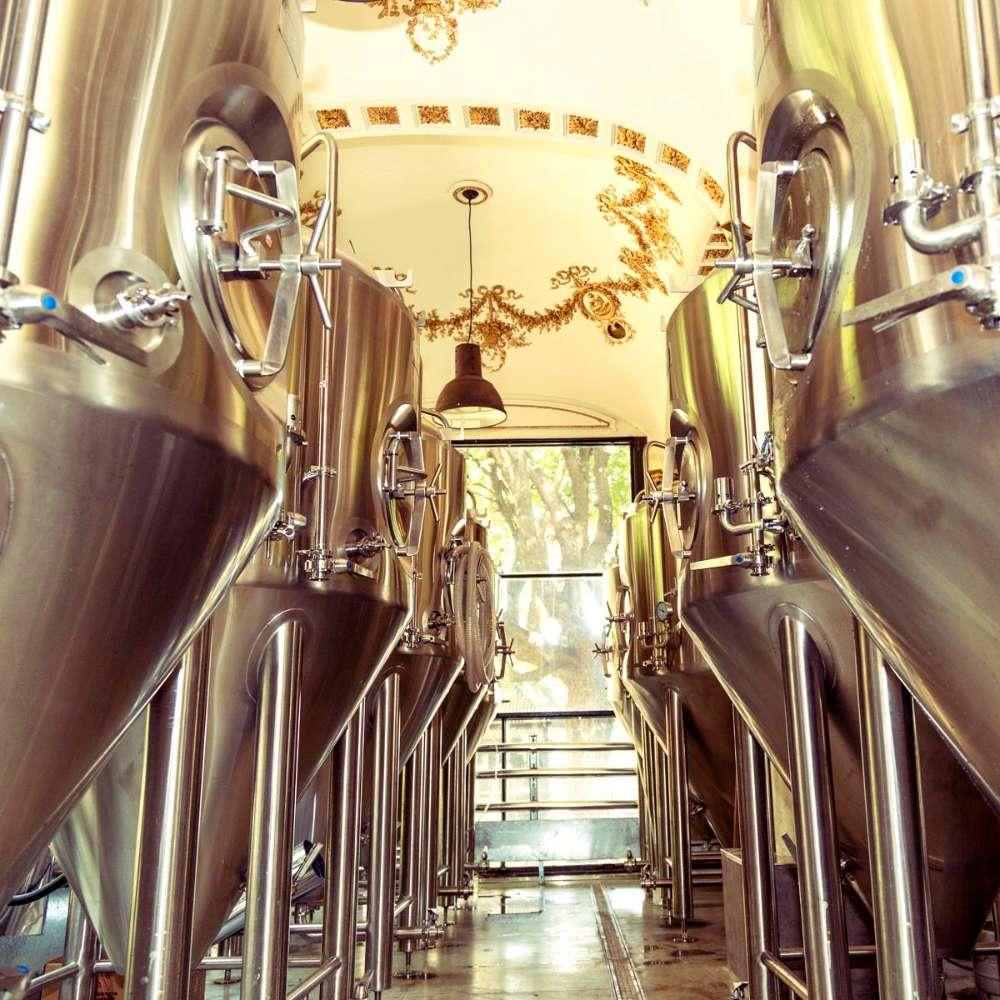
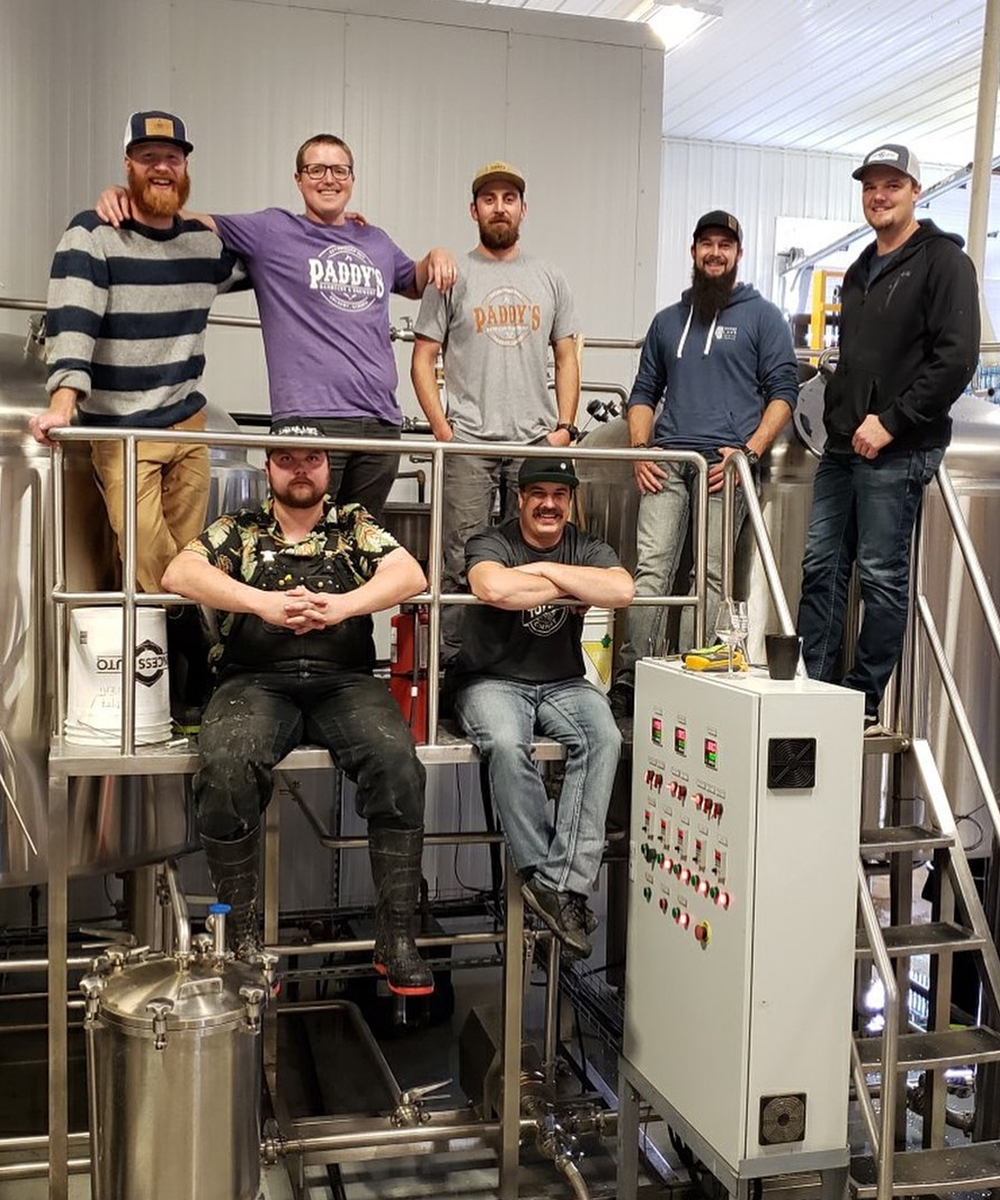
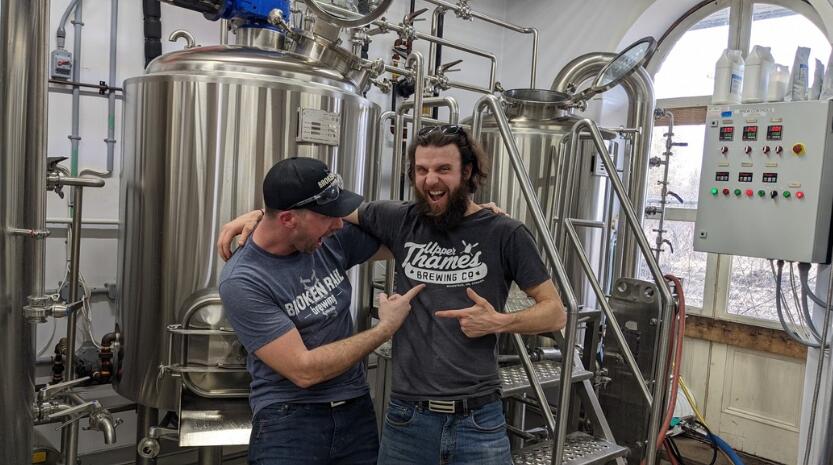

Get A Quote